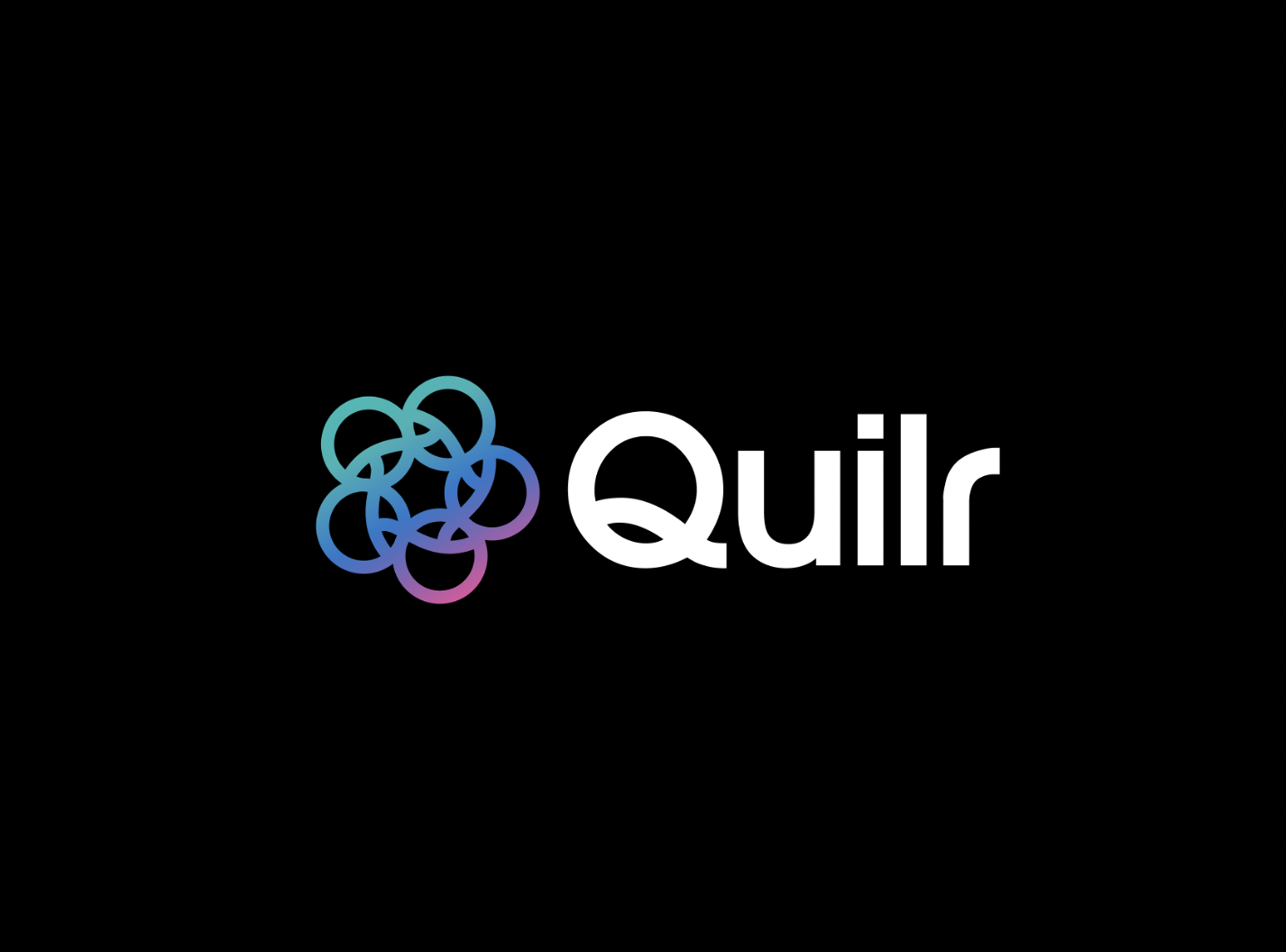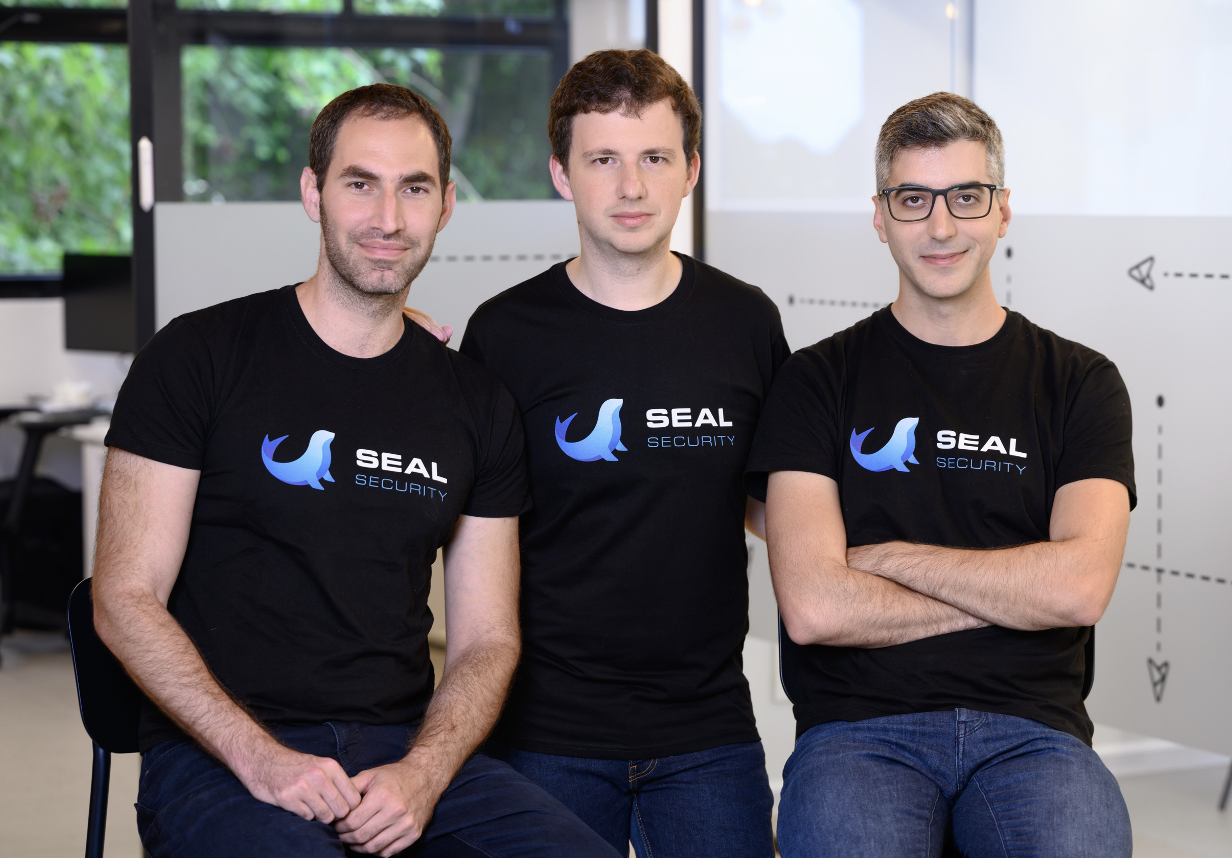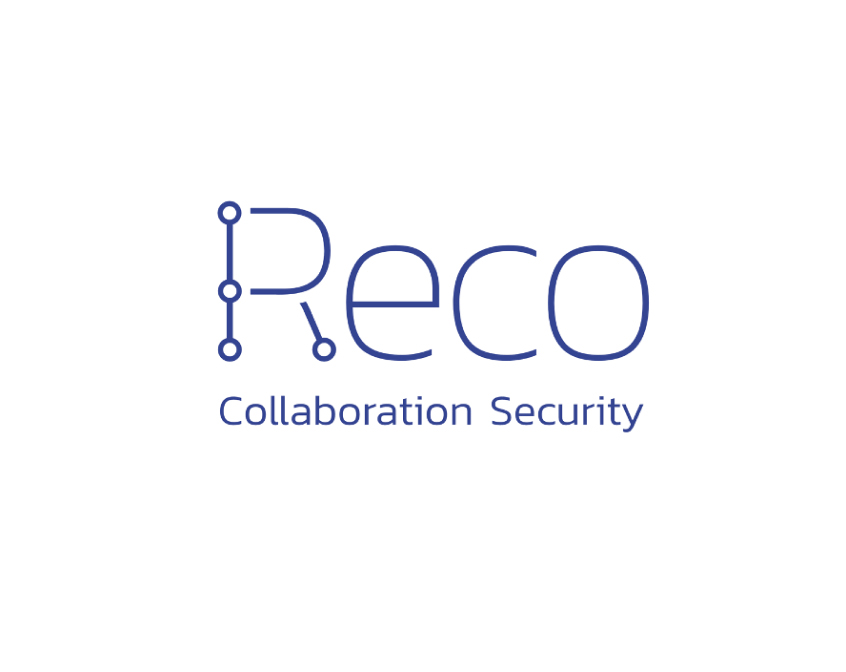AI agents may be the defining theme of technology in 2025. Agents are being discussed everywhere — in boardrooms, product reviews, newsrooms, legislative halls, and in nearly every conversation about the future of AI. Some say agents will save us from menial work; others fear they’ll take our jobs. Some believe they’ll displace the SaaS ecosystem; others believe they’ll expand the total addressable market for existing software vendors.
But for all the debate and prognostication, the economic impact of AI agents is still in its earliest stages.
Current agent technology comes with real limitations, which hinders enterprise adoption. Reliability is often shaky without proper grounding and constraints. Without deep integration into an organization’s IT stack, agents lack the context needed to execute complex workflows. Coordinating multiple agents across a single process only compounds these challenges.
We believe the answers to these problems — and the real leverage of agents — will come from how new AI-native software vendors design their systems. AI-native vendors will abstract away the underlying complexity, enabling their customers to capture the benefits of automation, efficiency, and speed without needing to build agent infrastructure themselves.
Nowhere is this shift more needed than in cybersecurity. Security teams are drowning in complexity: poor UX, endless alert fatigue, and an overwhelming number of false positives that distract from high-impact threats.
Quilr AI is among the first truly AI-native, agentic software platforms in cybersecurity.
Founded by Vidit Arora – previously a founding team member at Securonix, a leading security analytics company – Quilr is built on a thesis that we deeply believe in: human-related threats remain the largest unsolved problem in cybersecurity, and that AI agents can offer a new paradigm of employee enablement, threat prevention, and security workflow automation.
Instead of throwing more dashboards and alerts at already-overwhelmed security teams, Quilr deploys five specialized agents to proactively manage a broad surface area of risk across the enterprise:
- Data Security Agents: Identify, classify, and protect sensitive data without manual setup — accelerating compliance readiness.
- Identity Security Agents: Detect and secure identity risks within SaaS environments while guiding users on access best practices.
- Human Risk Agents: Reinforce secure behavior with in-the-moment feedback that prevents security missteps before they happen.
- Employee Collaborator Agents: Automate repetitive workflows such as clarification requests, activity validation, and incident remediation, reducing load on IT and security teams.
- Device Security Agents: Help users resolve device-level security issues quickly and seamlessly through collaborative troubleshooting.
These agents plug into collaboration tools, browsers, identity providers, mobile device management platforms, and other IT infrastructure. Employees interact with Quilr through Slack and Teams — making it easy to integrate security into daily workflows without disruption, while enabling enterprises to build a more adaptive and resilient security posture.
Quilr emerges from stealth today with an already impressive roster of design partners and customers — including Protiviti, Spotnana, UiPath, and several major enterprises in healthcare, financial services, and other sectors of the economy. Quilr has also entered a strategic partnership with Hitachi, who will bring Quilr’s agentic platform to clients across its global consulting business.
We’re proud to be Quilr’s first investor, leading their seed round and supporting Vidit and the team on their mission to redefine how security teams protect against human-related threats in the modern enterprise.
To learn more about Quilr, check out their website and press release.
Related Articles

Aktos: Revolutionizing the Accounts Receivable Management Industry

Klarity: Automating Document Workflows across the Modern Enterprise
We’re incredibly excited to be backing Andrew and Nischal in building Klarity to supercharge accounting teams, giving back time and…









